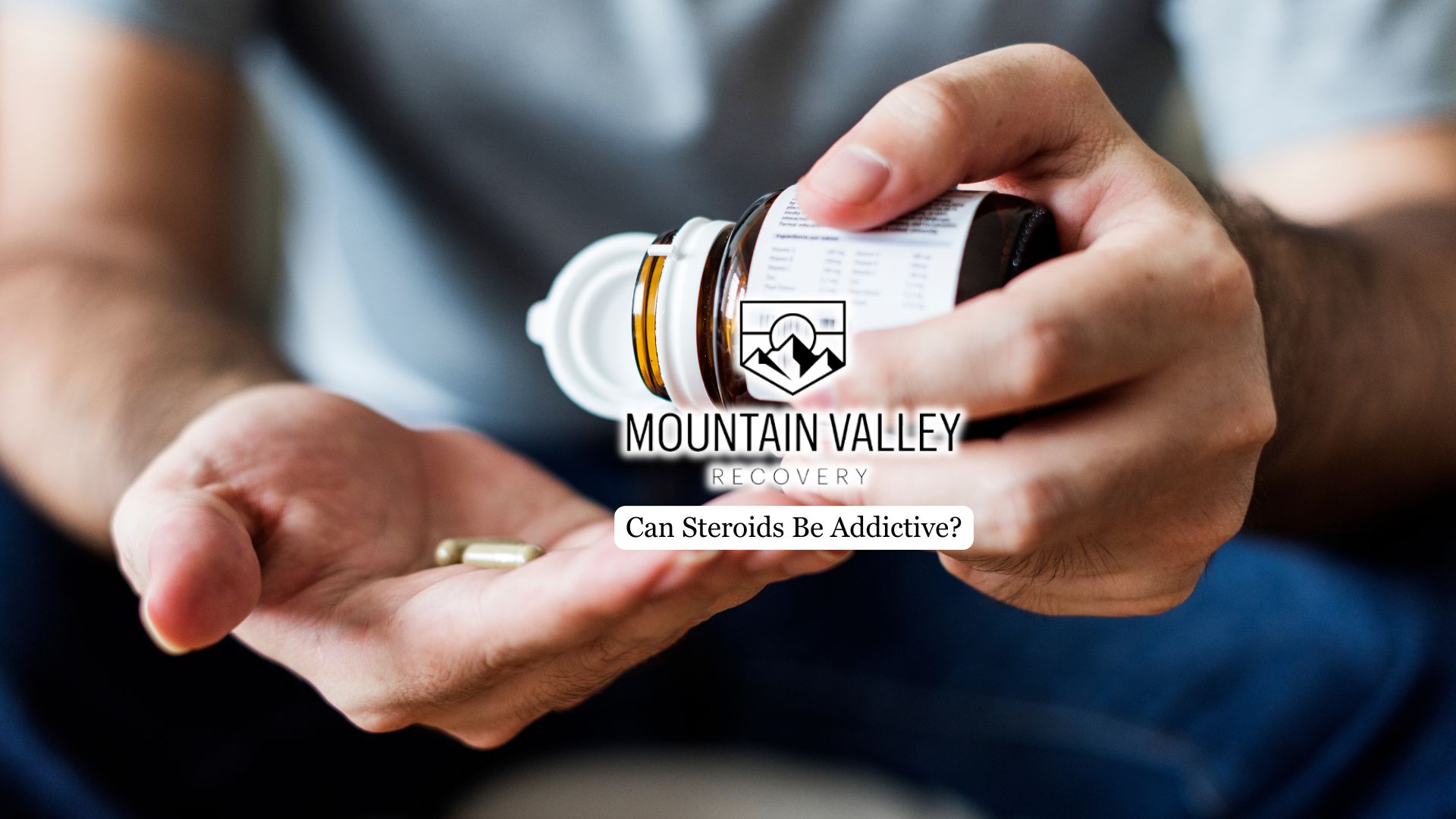Addiction recovery is a deeply personal and often challenging journey, marked by a series of distinct stages that guide individuals from the first recognition of a problem to long-term sobriety. Each stage presents unique hurdles and opportunities, requiring different strategies and support systems to navigate successfully.
This article highlights the stages of addiction recovery, shedding light on the process and offering insight into how lasting change unfolds over time.
Stage 1: Precontemplation
You may be in denial, justifying your behavior despite negative consequences because you do not see your substance use as a problem.
Recognizing and admitting there is an issue feels overwhelming. You might avoid discussing your addiction and feel defensive when others express concern. Hopelessness can make it difficult to acknowledge the need for change.
But interventions during this stage, whether from family, friends, or professionals, can help you start gaining awareness. They will need to be patient and build trust.
Sometimes it takes “hitting rock bottom” to prompt that pivotal moment of realization. When you begin contemplating your substance use and the possibility of seeking help, you are taking a courageous first step toward recovery.
If you’ve finally become aware of your substance abuse issues, our Inpatient Treatment Program in Holden, Utah offers a comprehensive, immersive approach specifically designed for men seeking to overcome addiction in a distraction-free environment.
Stage 2: Contemplation
Once you acknowledge the toll your substance use is taking on your life, you have entered the next phase of your addiction recovery.
Over the next six months, you will likely find yourself weighing the advantages and disadvantages of continuing to use versus seeking substance use disorder treatment.
Engage in non-judgmental conversations with loved ones to explore your readiness for change. The role of spouses in supporting men’s recovery from addiction is both vital and multifaceted. A supportive spouse provides essential emotional encouragement, helping men navigate the vulnerabilities of early recovery and maintain motivation through the maintenance phase.
You may struggle with fears of the unknown and the challenges of sobriety, but support from holistic therapists can help you navigate this crucial stage.
Capitalize on the opportunity to build motivation and lay the groundwork for the lifestyle changes needed to achieve lasting recovery.
Stage 3: Preparation
At this phase, you are motivated to make changes and are taking initial steps towards sobriety, such as reducing substance use or seeking professional help.
Set specific goals and timelines for recovery, indicating your commitment to change. Gather resources and support systems, including therapists or support groups that can assist you.
Develop a clear action plan to address potential withdrawal symptoms and triggers associated with your substance use. The preparation stage signifies a transition from contemplation to action, where your readiness to actively pursue recovery is paramount.
Exposure to green spaces plays a significant role in mental health and addiction recovery by triggering the release of endorphins, nature’s feel-good chemicals. Endorphins, produced in the brain, act as natural painkillers and mood enhancers, helping to reduce stress and anxiety, which are common relapse triggers in addiction recovery. Nature exposure fosters a sense of calm, improves cognitive function, and encourages physical activity, all of which contribute to sustained recovery and overall well-being.

Stage 4: Action
This pivotal phase is marked by actively implementing significant lifestyle changes and engaging in behaviors that demonstrate your commitment to recovery.
You may enroll in residential rehab programs, participate in therapy sessions, and adopt new coping strategies to replace old habits associated with substance use. Recognizing triggers and developing individualized plans to avoid relapse are key components of this stage.
You will actively seek support from peers and professionals, attending support groups and therapy regularly. Support groups play a vital role in addiction recovery by providing a safe, non-judgmental environment where individuals can share their experiences, challenges, and successes with others who truly understand their struggles. By actively participating in support groups, individuals combat feelings of isolation and gain inspiration from witnessing others’ recovery journeys.
The action stage requires dedication and a proactive approach to overcoming challenges as you transition from contemplation and preparation to taking concrete steps towards long-term recovery and healthier living.
Stage 5: Maintenance
You have reached a critical phase where you focus on sustaining the positive changes you have made and actively working to prevent relapse.
This stage lasts at least six months, as you employ coping strategies and tools learned throughout your recovery to navigate triggers and cravings effectively. Continued engagement in aftercare programs, such as support groups and therapy, is crucial to reinforce your commitment and provide ongoing support.
The duration in the maintenance stage can last from six months to five years, depending on your circumstances and support systems.
Successful maintenance requires discipline, determination, and a proactive approach to addressing potential challenges that may arise during recovery, building a strong foundation for long-term sobriety.
Non-Linearity of Recovery
It is essential to recognize that the addiction journey is rarely straightforward.
The non-linearity of the recovery process means you may cycle through stages multiple times before achieving sustained sobriety. Setbacks and relapses are common, and they are an integral part of learning to maintain long-term recovery.
You might progress forward, regress, or remain in certain stages for varying lengths of time based on your circumstances and support systems. Personal motivation, environmental influences, and triggers can cause you to revisit earlier stages, illustrating the complexity of behavior change.
Final Thoughts from Mountain Valley Recovery
At Mountain Valley Recovery, we acknowledge the distinct stages that men have to go through in their addiction recovery journey. We offer comprehensive and immersive programs specifically designed for men battling addiction. Our therapeutic ranch environment fosters personal growth through daily routines and community-centered support, providing a distinctive and effective path to lasting transformation and sustained recovery.





